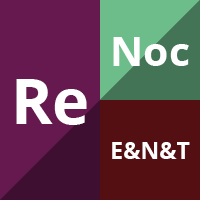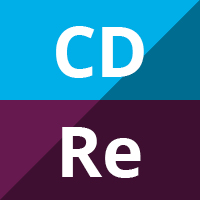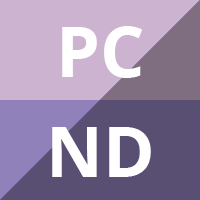
Reconstructive surgery for treating pressure ulcers
Abstract Background The management of pressure ulcers involves several interventions ranging from pressure-relieving measures such as repositioning, to treatments that can include reconstructive surgery. Such surgery may be considered for recalcitrant wounds when full thickness skin loss arises and deeper structures such as muscle fascia and even bone are exposed. The surgery commonly involves wound […]

Therapeutic exercises for affecting post-treatment swallowing in people treated for advanced-stage head and neck cancers
Abstract Background Head and neck cancer treatment has developed over the last decade, with improved mortality and survival rates, but the treatments often result in dysphagia (a difficulty in swallowing) as a side effect. This may be acute, resolving after treatment, or remain as a long-term negative sequela of head and neck cancer (HNC) treatment. […]

Repetitive task training for improving functional ability after stroke
Abstract Background Repetitive task training (RTT) involves the active practice of task-specific motor activities and is a component of current therapy approaches in stroke rehabilitation. Objectives Primary objective: To determine if RTT improves upper limb function/reach and lower limb function/balance in adults after stroke. Secondary objectives: 1) To determine the effect of RTT on secondary […]

Bed rest for pressure ulcer healing in wheelchair users
Abstract Background Pressure ulcers, which are localised injury to the skin or underlying tissue, or both, occur when people are unable to reposition themselves to relieve pressure on bony prominences. Pressure ulcers are often difficult to heal, painful, and impact negatively on the individual’s quality of life. International guidelines suggest bed rest as a component […]

Neuromuscular electrical stimulation for muscle weakness in adults with advanced disease
Abstract Background This review is an update of a previously published review in the Cochrane Database of Systematic Reviews Issue 1, 2013 on Neuromuscular electrical stimulation for muscle weakness in adults with advanced disease. Patients with advanced progressive disease often experience muscle weakness, which can impact adversely on their ability to be independent and their […]

Pharmacological interventions other than botulinum toxin for spasticity after stroke
Abstract Background The long-term risk of stroke increases with age, and stroke is a common cause of disability in the community. Spasticity is considered a significantly disabling impairment that develops in people who have had a stroke. The burden of care is higher in stroke survivors who have spasticity when compared with stroke survivors without […]

Cognitive rehabilitation for memory deficits after stroke
Abstract Background Memory problems are a common cognitive complaint following stroke and can potentially affect ability to complete functional activities. Cognitive rehabilitation programmes either attempt to retrain lost or poor memory functions, or teach patients strategies to cope with them. Some studies have reported positive results of cognitive rehabilitation for memory problems, but the results […]

Acupuncture for stroke rehabilitation
Abstract Background Stroke is the second most common cause of death in the world and in China it has now become the main cause of death. It is also a main cause of adult disability and dependency. Acupuncture for stroke has been used in China for hundreds of years and is increasingly practiced in some […]

Technological aids for the rehabilitation of memory and executive functioning in children and adolescents with acquired brain injury
Abstract Background The use of technology in healthcare settings is on the increase and may represent a cost-effective means of delivering rehabilitation. Reductions in treatment time, and delivery in the home, are also thought to be benefits of this approach. Children and adolescents with brain injury often experience deficits in memory and executive functioning that […]

Speech and language therapy for aphasia following stroke
Abstract Background Aphasia is an acquired language impairment following brain damage that affects some or all language modalities: expression and understanding of speech, reading, and writing. Approximately one third of people who have a stroke experience aphasia. Objectives To assess the effects of speech and language therapy (SLT) for aphasia following stroke. Search methods We […]

